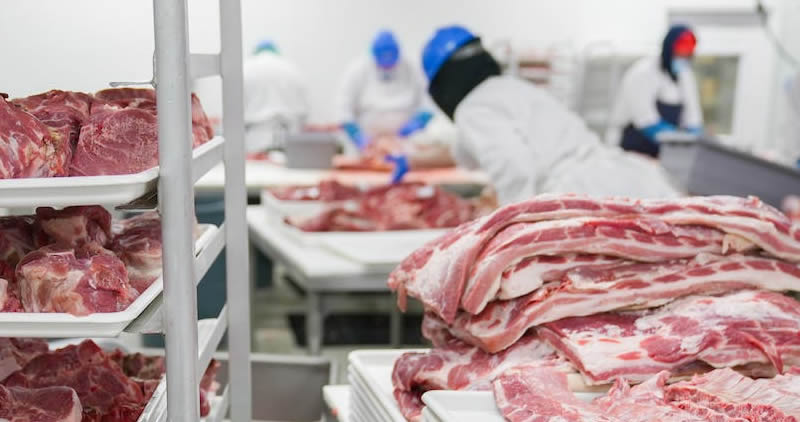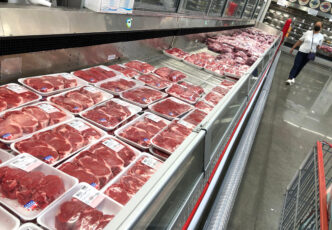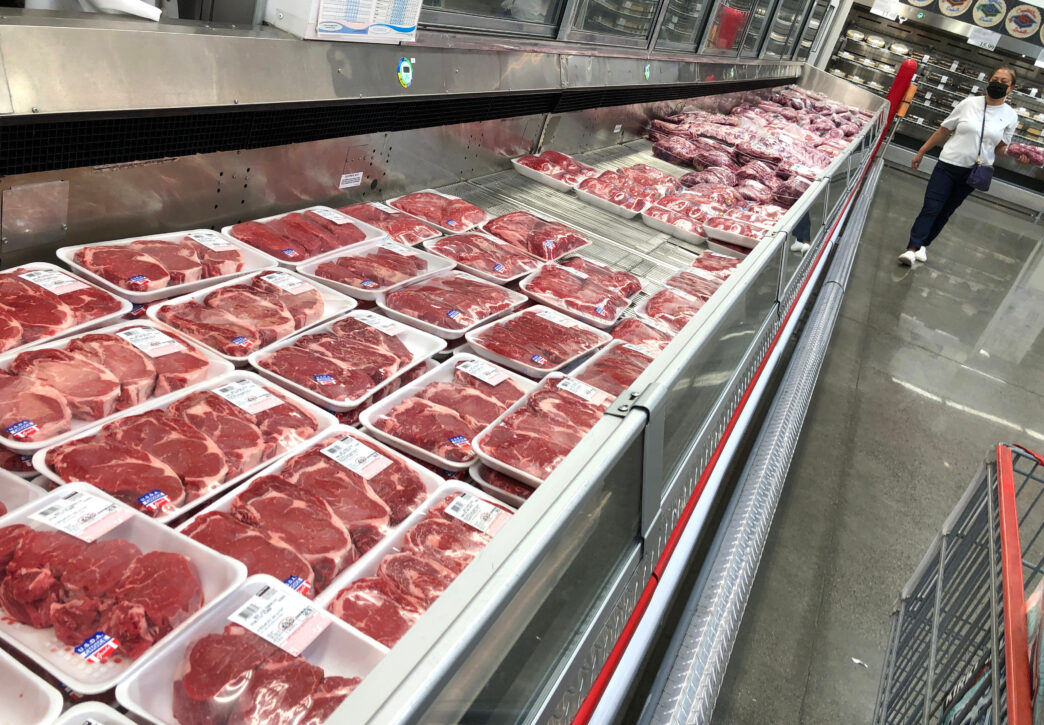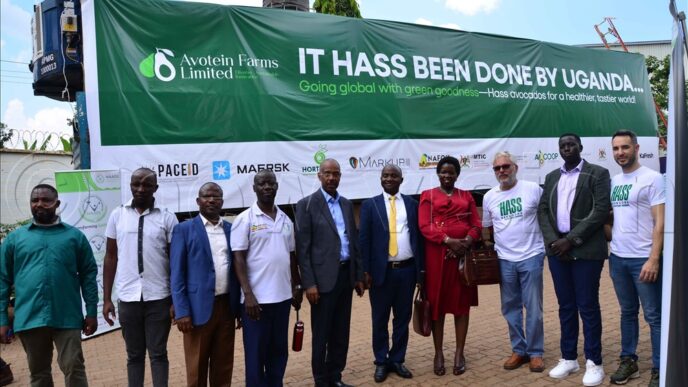Nigeria Meat Industry
In a bold move to strengthen the Nigeria meat industry, Brazilian meatpacking giant JBS has signed a groundbreaking $2.5 billion deal with the Nigerian government. This agreement, formalized through a memorandum of understanding (MoU), will lead to the construction of six state-of-the-art meat processing factories across the country.
JBS, a world leader in meat production, has committed to establishing three poultry factories, two beef processing facilities, and one pork plant. This investment additionally, represents a significant step in modernizing the Nigeria meat industry and improving the nation’s food security.
Key Investment Plans in Nigeria Meat Industry
Over the next five years, JBS plans to roll out this ambitious project, which will involve extensive feasibility studies, budget allocations, and detailed action plans to establish a local supply chain. The company’s Chief Executive Officer, Gilberto Tomazoni, emphasized that this move is not solely about establishing factories.
Instead, JBS aims to play a pivotal role in addressing critical food insecurity in the country. By creating sustainable food production systems, the company intends to foster long-term socioeconomic progress. As a result, this initiative could significantly impact both the local economy and the broader agricultural sector.
“Our goal is to build solid partnerships that not only address food insecurity but also create a sustainable food production chain. This will help generate a virtuous cycle of progress, especially for Nigeria’s most vulnerable communities,” Tomazoni noted.

JBS’s Expansion in Africa: A Strategic Growth Move
JBS’s Nigerian expansion is part of the company’s broader strategy to diversify its operations and increase its presence in emerging African markets. With Nigeria’s large population, significant economic potential, and expected rapid growth, the country presents an attractive opportunity for long-term investment.
Nigeria, the largest economy in Africa, is projected to experience rapid economic expansion, more than doubling by 2050.
This partnership is coming at a time when Nigeriais aggressively seeking various agreements with other countries for the development of its agricultural sector.
For instance, the Nigerian government signed a big trade agreement with Saudi Arabia in June 2024 that would export 200,000 metric tons of red meat annually, alongside one million tons of soybeans.
These efforts align with the Nigerian administration’s goal to enhance agricultural exports, with President Bola Tinubu playing a needful role in advancing partnerships during the Saudi-African Summit in November 2023.
The Economic Impact of JBS’s Investment
The agreement is to provide considerable local job opportunities while increasing Nigeria’s meat production capability. It will improve not just the local economy, but also the larger issue of food insecurity.
Nigeria will benefit from JBS’s investment, increasing its agricultural export potential and positioning itself as a stronger player in the global agricultural market.
As part of the deal, the Nigerian government would provide the essential economic, hygienic, and regulatory conditions for the project to succeed.
What’s Next for Nigeria Meat Industry?
As the project progresses, JBS’s entry into Nigeria’s meat industry could shift how the country approaches food security and agricultural production. The partnership represents a critical step toward creating a more sustainable and self-sufficient food system in one of Africa’s most populous nations. It could also serve as a model for other sectors of the economy.
The key question now is: Will this partnership mark the beginning of a new era for Nigeria meat production industry? Moreover, can it set a precedent for other sectors, sparking broader economic transformation and development? You can share your thoughts below.
Read More:














